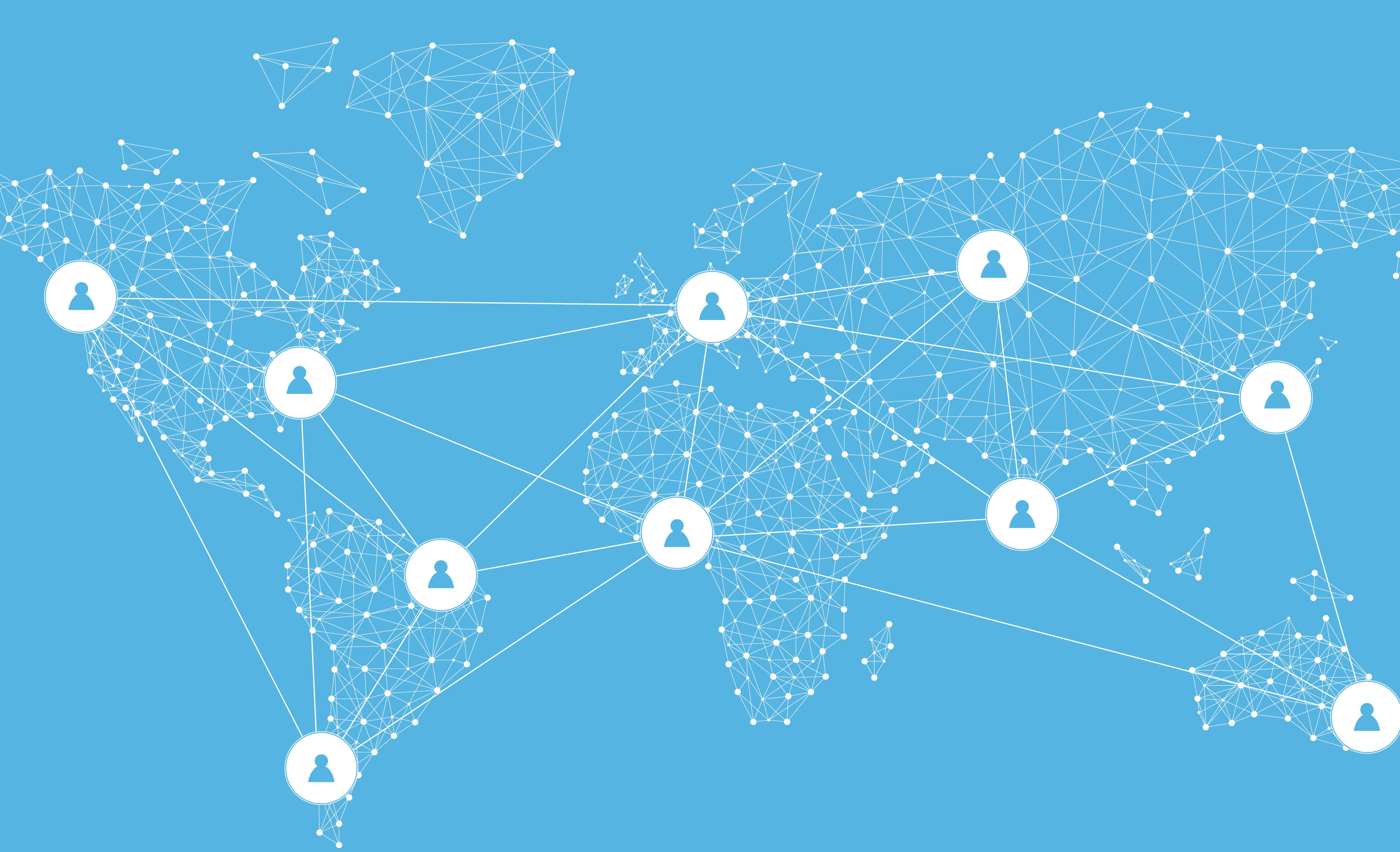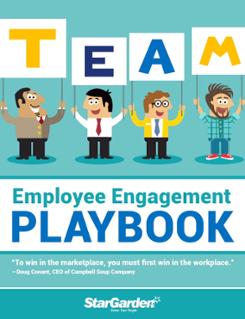Geography And Not Generations Matter More for Employee Engagement

We have certainly read enough articles (and I have even written a couple) about millennials and how to engage them successfully in the workplace.
Many articles list key points that HR needs to be aware of when dealing with millennials:
- They need instant feedback
- They seek career progression and hence more likely to change jobs
- They are tech savvy and need systems at workplace with easy-to-use, well-designed user interfaces
But aren’t we really all millennials at some level. Don’t we all want instant feedback and career progression regardless of the year we were born? And didn’t we all reflect on our careers when we were in our 20s? If we look at the statistics, employee tenure for the 25-34 age range has not changed since 1983.

And when we talk about tech savvy, I think we can all agree that to stay relevant in the work world and to keep up with our friends and family, we are all considerably more tech savvy. I know I expect to be able to do everything online now and the loss of wifi can ruin my day.
I am not saying that there are no differences in how the generations view the world but I think there are more similarities in the way we react to change and operate in the workplace. The world is changing quickly due to political, economic, social, and technological developments. And given the labor shortage in specific sectors, we are increasingly hiring from a global pool. So what effect does geography have on employee engagement? Are cultural differences causing more issues than generational differences when we are talking about employee engagement?
Consider the following two graphs for employee engagement.
Engagement Scores by Geography:

Source: Aeon Hewitt
Engagement Scores by Generation:

Source: Modern Survey- An Aon Hewitt Company (US survey)
There appears to be a much more pronounced difference in employee engagement between different regions of the world versus different generations.
And we could break it down further within a country. If we take Canada as an example, we would expect that in Western Canada and Newfoundland and Labrador, depressed oil and commodity prices could be the reason for higher engagement in these regions as jobs are scarce and therefore those employed are working hard to remain that way. 7 And lower oil costs and a lower Canadian dollar are fueling modest growth in Central Canada which is tightening labor markets and putting pressure on employee expectations7. This could be broken down to the industry level as well. From personal experience, trying to hire and retain in the tech industry has been a challenge. The tech industry has had a tight labor pool for many months now and certainly the level of engagement is lower as the employment options for employees are more extensive.
There are many, many books written about cultural differences that we can reference but the bottom line is that there are many factors in play when we are talking about employee engagement and to focus on one over another will leave HR departments on their back foot when trying to hire, engage, and retain employees. Hiring from a global labor pool is complicated and the more we understand about our employees and their backgrounds, the more likely we are to create an engaging environment.
 About the Author:
About the Author:
Marnie Larson is the CEO of StarGarden Corporation and oversees its operations in Canada, US and New Zealand. She has over 20 years’ experience in the software industry and specializes in HCM, Business process automation and Workflow technology.
Want to learn more about employee engagement ? Download our free e-book !
References:
- http://www.forbes.com/sites/meghanbiro/2014/10/23/listen-up-leaders-we-are-all-millennials/#6c5d157e34fb
- http://www.jelfgroup.com/blog/2016/employee-benefits/are-we-all-millennials-now/
- http://www2.deloitte.com/global/en/pages/about-deloitte/articles/millennialsurvey.html
- http://www.pewresearch.org/fact-tank/2016/04/25/millennials-overtake-baby-boomers/
- http://www.reuters.com/article/us-millennials-poll-idUSBRE95I1J420130619
- http://www.eremedia.com/ere/millennial-draft/
- http://www.modernsurvey.com/wp-content/uploads/2016/05/2016-Trends-in-Global-Employee-Engagement.pdf
- http://www.modernsurvey.com/wp-content/uploads/2015/07/Employee-Engagement-and-the-Generations-Report-Summer-2015.pdf

